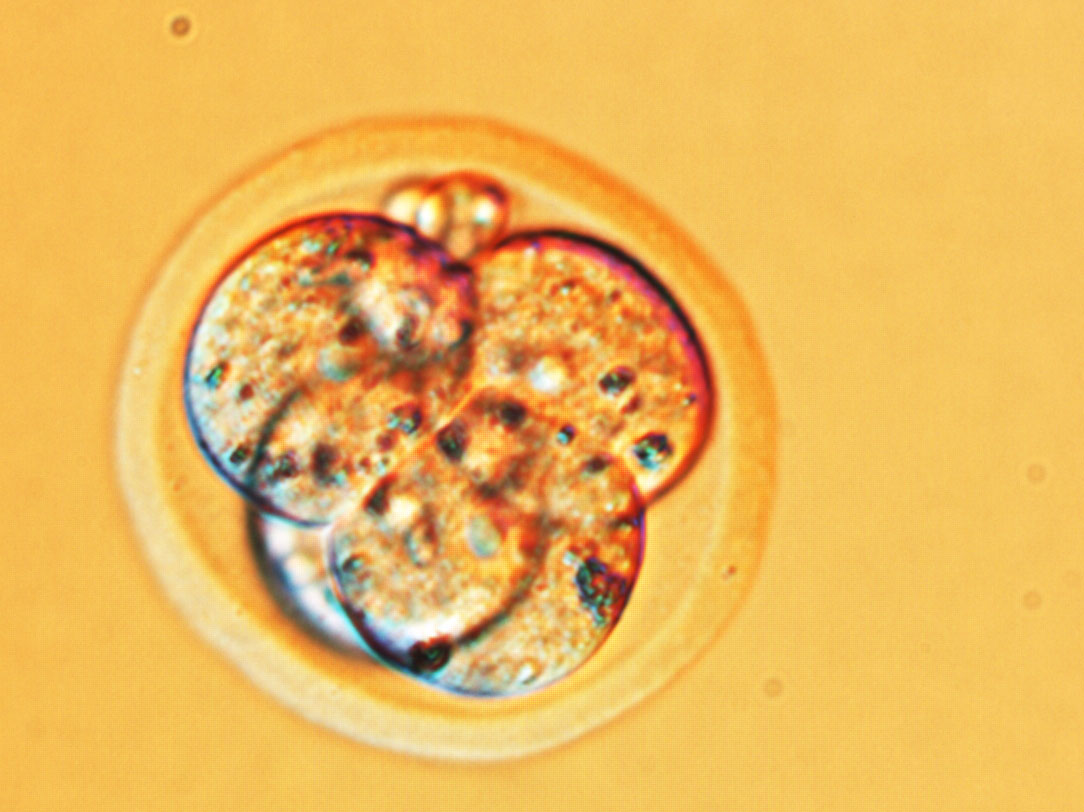To increase in-vitro fertilisation (IVF) success rates and even “exceed that observed during natural fertilisation”, British scientists have put pressure on the HFEA[1] to authorise a test “to evaluate the ‘energy quality’ of embryos conceived by IVF”[2], which is already available on the American market.
A study conducted at Oxford University under the supervision of Professor Dagan Wells focused on screening 111 five-day-old human embryos produced by IVF. The team “established a correlation between the level of mitochondrial activity and the ability of the embryo to develop, once transplanted, up until birth”. Excessive activity of “central energetic” mitochondria is deemed to be synonymous with “embryo stress”, whereas a “‘calm’ embryo suggests good development”. This work was presented during the Annual Embryology Congress (ESHRE), which took place in Helsinki from 4 to 6 July.
Initially, scientists want to authorise this test on “the eggs of the oldest women participating in a MAP program”. They believe that “this could be carried out without any additional costs”. Jean Yves Nau is forecasting “that this process will be automated in the short term”. This will also be proposed to “fertile couples”.
Professor Dagan Wells went on to explain that “anything that can help in embryo selection is a good thing”, and can prevent “the emotional roller coaster” experienced by couples involved in a MAP cycle. He defends himself by “improving embryos” since his test does not repair “a poor quality embryo”.
Note from Gènéthique: PID (Pre-Implantation Diagnosis – an “inevitably eugenic” technique)
[1] Human Fertilisation and Embryology Authority.
[2] Currently, the “embryos conceived in vitro are currently screened on the basis of visual or chromosomal criteria”.
Jean Yves Nau (5/07/2016)

